Severely neglected teenager Kaylea Titford's suffering was 'avoidable' - safeguarding report
Kaylea Titford, 16, lived in conditions described as ‘unfit for any animal’ and had suffered ‘chronic neglect’ before her death in 2020.
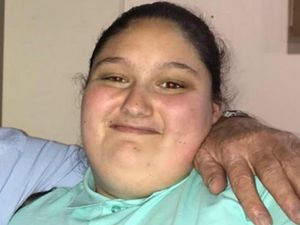
A morbidly obese teenager with disabilities who died after being severely neglected by her parents did not have a care plan and her suffering was “avoidable”, a safeguarding report has found.
Kaylea Titford, 16, who had spina bifida and used a wheelchair, was found in conditions described as “unfit for any animal”, in soiled clothing and bed linen, following her death at the family home in Newtown, Powys, in October 2020.
Swansea Crown Court heard the teenager weighed 22st 13lb, with a BMI of 70, at the time of her death.
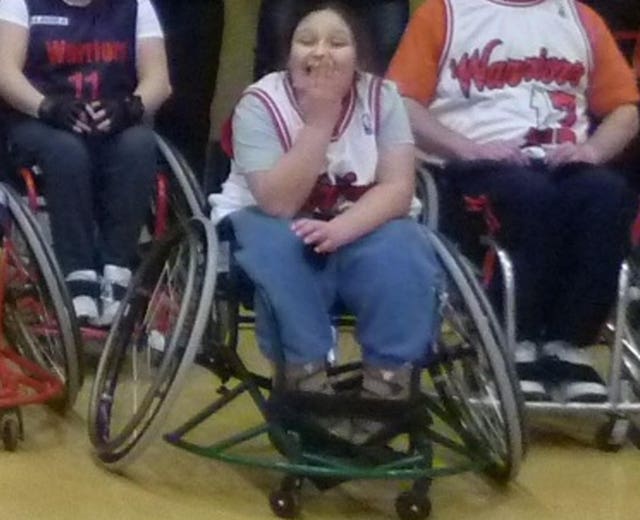
Her mother Sarah Lloyd-Jones, 40, was originally jailed for six years, while her father, Alun Titford, 45, was previously told he would spend seven and a half years behind bars for gross negligence manslaughter, but their sentences were increased to eight years and 10 years respectively by the Court of Appeal in May last year.
The Mid and West Wales Regional Safeguarding Board (CYSUR) released its 25-page review into Kaylea’s death on Thursday, outlining how there was a need for better co-ordination between the multiple agencies who are involved in the care of children with chronic disabilities.
The report highlighted how living in a rural area, a lack of multi-agency working and co-ordination and the Covid-19 pandemic exacerbating Kaylea’s vulnerabilities and reducing her support system were among the key factors leading to her death.
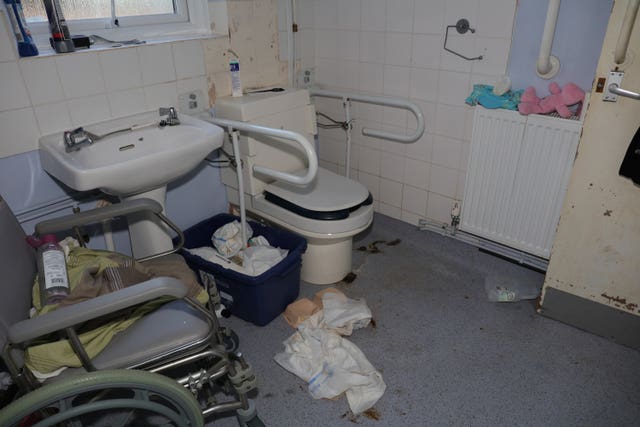
The teenager was described as a “wonderful, determined, fun, and headstrong girl who, despite her significant congenital disabilities, wanted to be treated as ‘normal’” and loved playing sport and being active.
At the start of 2019, Kaylea had 98 per cent attendance at school, but by mid-November that year, it had dropped to 70 per cent as problems with her health worsened and she developed lymphoedema and cellulitis in her legs.
Her parents attended a meeting with school staff, where Kaylea’s health problems and bullying she had suffered at school were discussed.
The teenager was then given informal counselling, which improved her school attendance to 82 per cent.
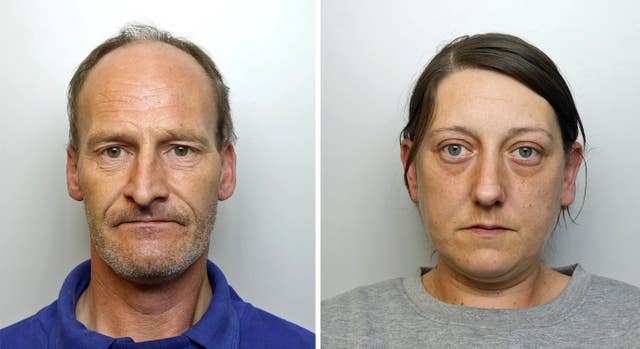
But at the onset of the Covid-19 pandemic, Kaylea had to shield as a vulnerable child and she last went to school in person in March 2020, having been socially isolated for six months prior to her death.
Isolating at home also reduced Kaylea’s mobility, resulting in “significant consequences”, and there was no assessment of the likelihood that she could suffer significant harm during the pandemic due to the potential physical and mental effects of restrictive movement and isolation.
The school Kaylea attended has now strengthened its guidance for responding to incidences when pupils have not been seen for two weeks, meaning a heightened state of alert could elicit a visit to the family home or raise a safeguarding concern with the relevant agency.
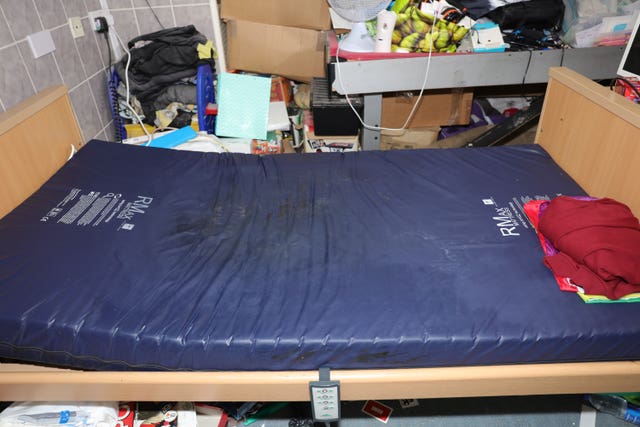
The report said: “The nature of social isolation means we have a limited understanding of [Kaylea’s] day to day experience during that time.
“However, the evidence of the way she died permits us to conclude the contributory impact of extended quarantine for [Kaylea] was multiple and complex, exacerbating her vulnerabilities and reducing the supportive infrastructure upon which she relied.”
Throughout April and July 2020, school staff phoned Kaylea’s parents weekly and although numerous references are made to her thoughts and feelings during these calls, there were only two recordings where it was explicit that the child was spoken to directly.
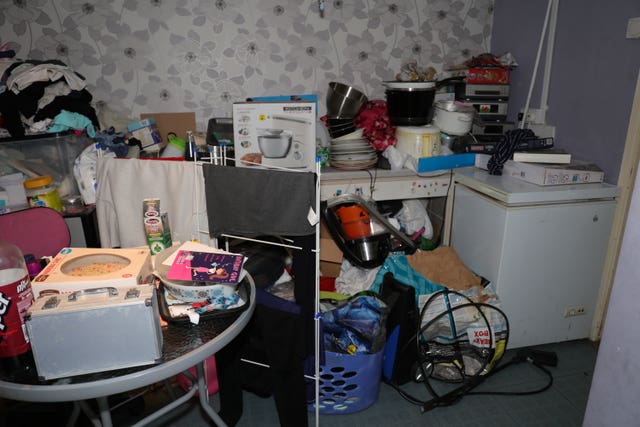
From September 3 to October 9 2020 – the day before Kaylea died – the school maintained daily contact with Lloyd-Jones and a phased return to school was planned to commence on October 7.
As Kaylea did not have a care and support plan in place, her needs and those of her parents as her carers were “not visible to the local authority”, the report stated, adding that she would have benefited from an assessment to identify her needs.
Although multiple health professionals participated in the delivery of Kaylea’s “complex” healthcare, it was not co-ordinated by a single agency or practitioner who had a “holistic understanding of her complex health and care needs”, the report said.
The teenager also lived at the top of a steep hill in Powys and could not independently travel to and from her home, but no referral was made to assess the suitability of the family home to meet Kaylea’s needs.
Kaylea, who lived in one of the county’s most poor rural areas, also had to travel a “significant” distance to two different hospitals in England to receive specialist care – and while her parents got her to many of them, there were a “number” that were missed.
The report added that information sharing and communication between the English hospitals, her local hospital, the GP and the parents “could have been more robust” to establish why Kaylea was not brought to appointments, which could have been explored further to identify any safeguarding concerns or offer any further support to the family, particularly concerning the distance the family had to travel to appointments.
There was also an absence of oversight and review of Kaylea’s weight which was on an “increasing trajectory with limited physical ability to burn calories”, with no assessment of her weight and the impact on her wellbeing and little consideration given to when it should be escalated to a child protection matter.
Kaylea should also have been given transition planning for services as she reached adolescence, but had been discharged from Powys Council’s Integrated Disability Service, which could have assisted her with this, in 2017.
The review has recommended that councils ensure care and support assessments are consistently offered and that the local authority and the health board jointly review the systems, processes and pathways that are in place for children with chronic disabilities.
CYSUR said it will oversee the delivery of a regional action plan and is “committed to ensuring that lessons continue to be learnt and services improved across all agencies”.
In a joint statement, Powys County Council, Powys Teaching Health Board and Dyfed Powys Police said: “We convey our sincere condolences to the child’s family and all those who have been affected by this tragic death.
“The review has been an opportunity to reflect and share learning amongst all partner organisations and practitioners on a multi-agency basis, and we acknowledge the commitment and contribution of those who have taken part in the review process.
“We hope that the report will contribute to wider ongoing learning in relation to a number of key issues identified in the report so that children and their families are supported fully.”




